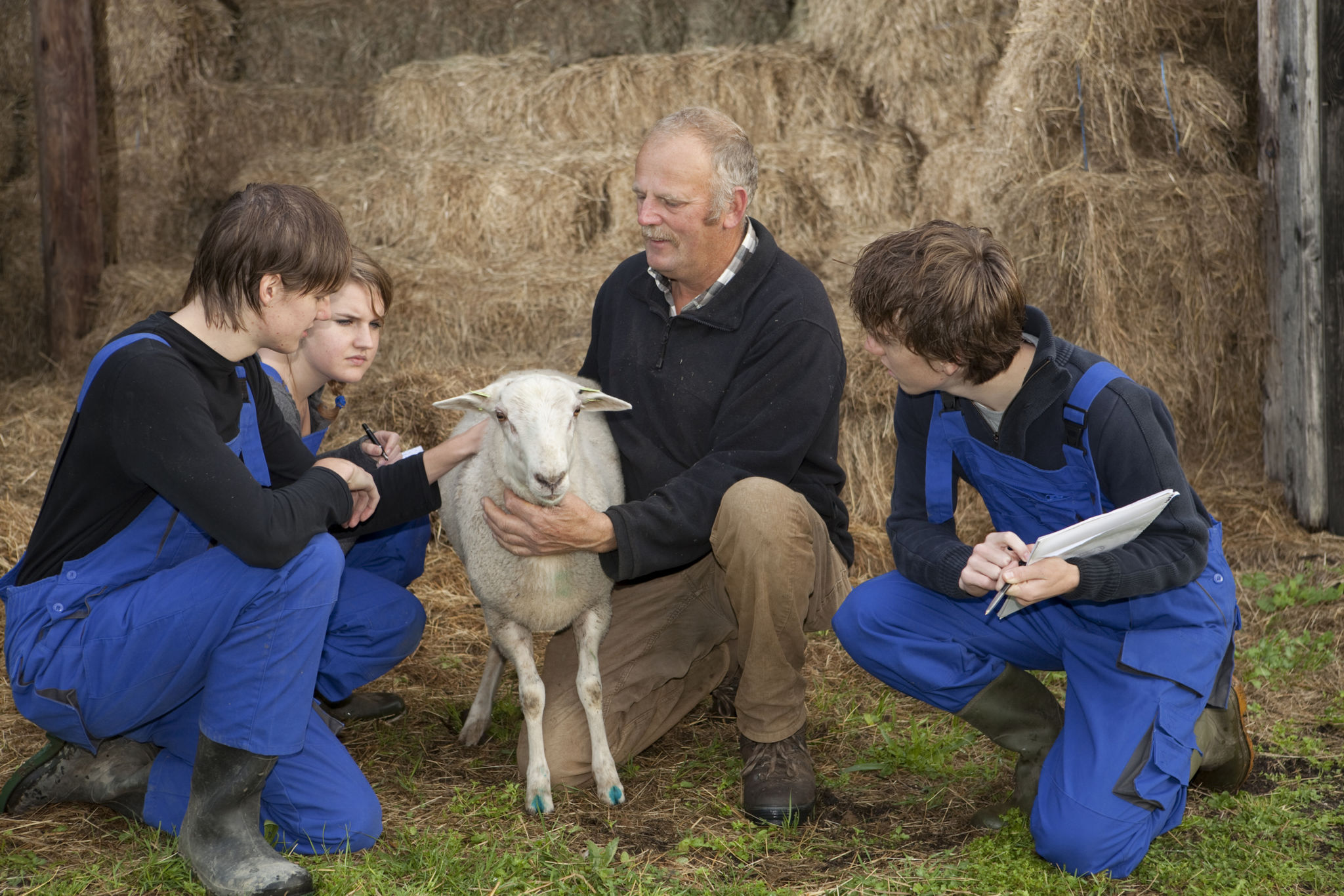How Urban Farm Supply Stores in Kasungu Are Supporting Local Farmers
LW
Introduction to Urban Farm Supply Stores in Kasungu
Urban farm supply stores in Kasungu are playing a pivotal role in supporting local farmers by providing essential resources and knowledge. These stores are not only a hub for agricultural supplies but also a beacon of innovation and sustainability within the community. As agriculture continues to be a cornerstone of Kasungu's economy, the importance of these stores cannot be overstated.
In recent years, there has been a growing recognition of the need for sustainable farming practices. Urban farm supply stores have stepped up to meet this demand by offering a variety of eco-friendly products and services that promote sustainable agriculture. From organic fertilizers to renewable energy solutions, these stores are at the forefront of the green farming movement.

Essential Resources for Farmers
One of the primary ways urban farm supply stores support local farmers is by providing access to essential resources. These include seeds, fertilizers, tools, and equipment that are crucial for successful farming operations. The availability of high-quality supplies ensures that farmers can optimize their productivity and maintain the health of their crops.
Moreover, these stores often offer a selection of organic and non-GMO seeds, catering to the increasing demand for healthier food options. By promoting such sustainable practices, urban farm supply stores are helping to preserve the environment while also supporting the health of the local community.
Access to Innovative Farming Solutions
Apart from traditional supplies, urban farm supply stores in Kasungu are becoming a focal point for innovative farming solutions. They provide farmers with access to modern technology and equipment that can enhance productivity and efficiency. This includes irrigation systems, pest control solutions, and precision farming tools.

By integrating technology into their offerings, these stores empower farmers to adopt more sophisticated farming techniques. This not only leads to increased yields but also reduces the environmental impact of farming activities, aligning with global efforts towards sustainable agriculture.
Educational Programs and Workshops
Education is another critical aspect of how urban farm supply stores support local farmers. Many stores organize workshops and training sessions that cover a wide range of topics, from crop management and soil health to business strategies and market trends. These programs are designed to equip farmers with the knowledge they need to thrive in an ever-evolving agricultural landscape.
Through these educational initiatives, farmers in Kasungu gain valuable insights into best practices and new technologies, enabling them to make informed decisions about their farming operations. This knowledge transfer is instrumental in fostering a community of skilled and knowledgeable farmers who can contribute to the region's agricultural success.

Building a Strong Farming Community
Urban farm supply stores in Kasungu also play a significant role in building a strong farming community. By serving as a gathering place for farmers, these stores facilitate networking and collaboration among individuals who share a common goal of improving agricultural practices. This sense of community is vital for fostering innovation and resilience within the local farming sector.
Additionally, some stores offer platforms for farmers to sell their produce directly to consumers, thereby creating new market opportunities and supporting local economies. This direct connection between producers and consumers helps to build trust and ensures that farmers receive fair compensation for their hard work.
Conclusion: A Positive Impact on Local Agriculture
In conclusion, urban farm supply stores in Kasungu are making a substantial impact on local agriculture by providing essential resources, innovative solutions, educational programs, and fostering community engagement. Their efforts are not only enhancing the productivity and sustainability of farming operations but also contributing to the overall economic development of the region.
As these stores continue to evolve and adapt to the needs of local farmers, their role as vital supporters of Kasungu's agricultural landscape will only become more pronounced. By championing sustainable practices and empowering farmers with knowledge and resources, urban farm supply stores are paving the way for a brighter future in agriculture.
